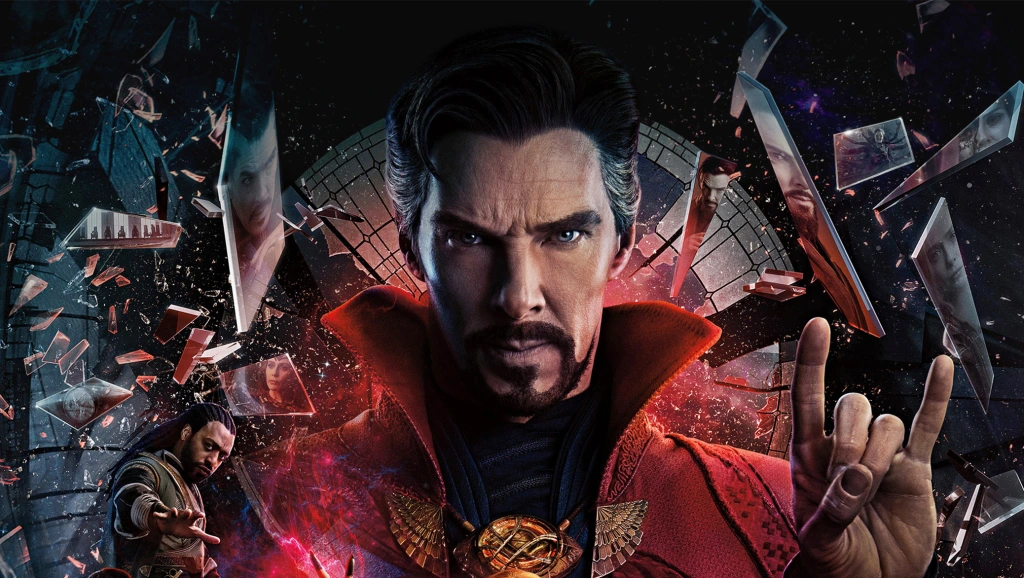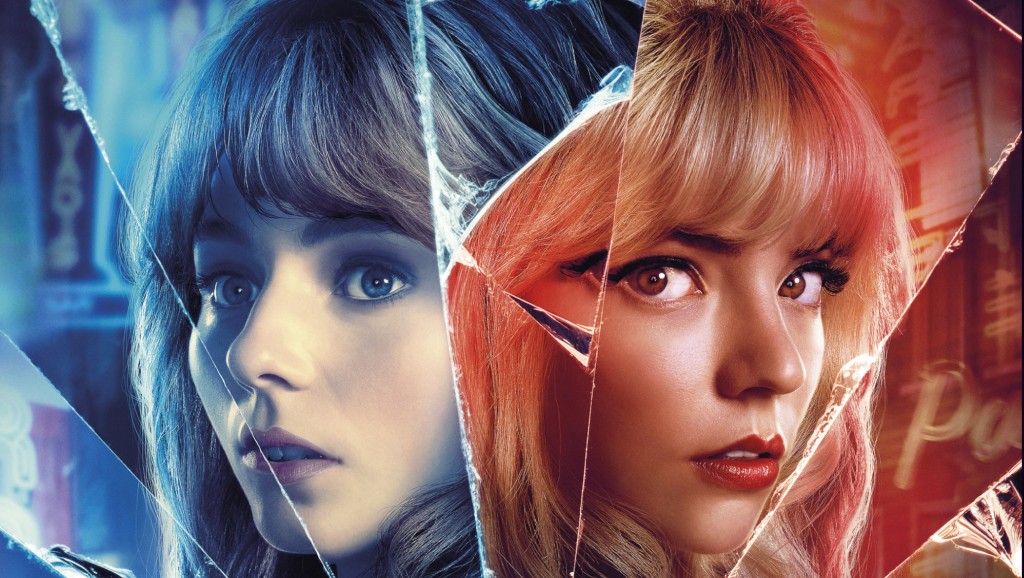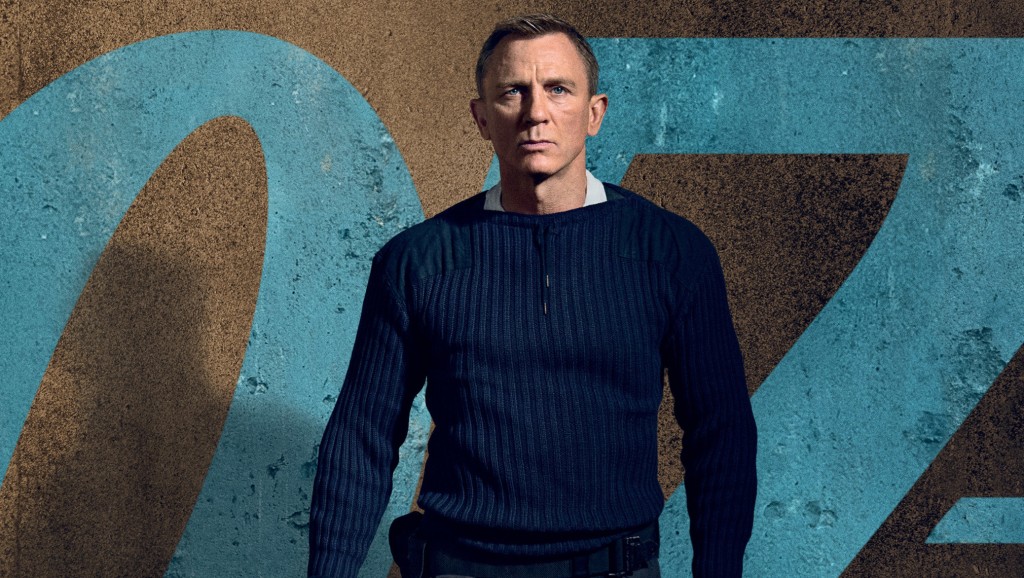When the Academy of Motion Picture Arts and Sciences announced a ‘Best Popular Film’ category, it’s fair to say that it was met with an unenthusiastic rage and backlash. Honestly, who could blame the noise when there are far more relevant categories to be considered like ‘Best Stunt’ or ‘Best Motion Capture Performance’. It’s a suggestive remark to progressively update the awards ceremony that celebrates the constitution of films.
The ‘Popular Film’ category may have died away (for now), but it hasn’t stopped what I believe is a necessary conversation. Because after watching Widows, if there was an opportunity for the Academy to deliver effective change, then a ‘Best Ensemble’ category is a definite must. Created to exceptionally high standards, Widows is represented by an excellent array of actors delivering their best on-screen performances. That should not go unnoticed during the Oscar season because Widows is nothing short of a masterpiece.
Based on Lynda La Plante’s book and the 1983 TV series, Steve McQueen’s latest cinematic adventure brings his trademark visceral outlook that speaks an elemental and uncompromising truth on humanity. Combining forces with Gillian Flynn (Gone Girl, Sharp Objects), Widows embodies a reflective, multi-layered journey that’s immediately identifiable without sacrificing or compromising on its developmental tone.
Set in Chicago, both McQueen and Flynn make prominent and meticulous observations, never shying away from difficult and much-needed discussions. There’s no escape from its sad, epidemic circumstances of violence and death. There’s no escape from its politicised landscape which becomes a prolific breeding ground for male authority, corruption, power and entitlement. Sharp minded in their combined execution, there’s no escape from its commendable ‘female consciousness’, highlighting the gender conventions that are repeatedly normalised.
It’s a message that is never forced but resonantly felt. It’s felt through the aggressive, intimidation tactics used by Jamal Manning (Brain Tyree Henry) on Veronica (Viola Davis) when he notifies her about Harry’s (Liam Neeson) debt. It’s the blame culture environment that Linda (Michelle Rodriguez) experiences from her husband’s mother in law, blaming her for her son’s death despite leaving her penniless and her business repossessed. It’s the ‘your husband is supposed to provide for you’ argument with Alice (Elizabeth Debicki), even if he had previously assaulted her. It’s felt in Belle (Cynthia Enrivo) who notices a dodgy business transaction in her place of work which is supposed to be at the forefront of black-owned businesses. Once those stories take their graceful position, each character represents a documented scenario in which they are subjugated by the unjust systems in place. It comes as no surprise (fuelled by the tension and struggles within their own lives) that women find themselves the easy target to take out that rage on each other.

Cinematically, McQueen paints this picture in a recognisable and contrasting environment that fuels those arguments. In one striking shot, McQueen showcases the growing disparity within communities, taking the audience from a black neighbourhood where Jack Mulligan (Colin Farrell) politically campaigns for black-owned businesses to the rich affluence of his home/campaign headquarters in the white suburbs. That’s not the only fluid shot that McQueen masters in his direction. He captures the predatory aspect of Jatemme (Daniel Kaluuya). His screen time is ruled by an animalistic alpha-male prowess, viciously invading personal spaces in a circling one-shot camera move conveying his calculating and unhinged persona. Taking a page out of Flynn’s book (HBO’s adaptation of Sharp Objects comes to mind), McQueen naturalistically captures the stages of grief where it’s progressively shifting. It’s the vulnerable transitioning between pain, loneliness and comfort be it through memory or characters doing something that they would later regret. Sometimes, it’s conveyed through silence, never taking its audience for granted with opportune moments to let them work out how its female leads are feeling.
But just like Flynn’s previous work, it’s the free permission to allow these characters to experience the pain. Their stories are allowed to overlap which builds an organic framework to care enough about what these characters do. At times, it can be somewhat indulgent and long-winded in its pacing, but it’s never done to the degree where you feel bored. Widows has the complete conviction and control over its elements, and when the time comes, the payoff for these characters are rewarded.
Once that is put into perspective, it’s how director and screenwriter begin to weave their magic, illustrating the transition between the grief and the job. Because despite the keen acknowledgement of watching an exciting heist movie and its assembly of key players (something that film critic Mark Kermode analytically broke down in his superb series Secrets of Cinema), it brilliantly takes those traditional conventions and subverts them.
The subversion comes in the fact that no one expects them to do a heist job, going against the grain of what is expected of them and societal judgement. Heist jobs in the movies always have a team where each member highly skilled. In Widows, it’s the complete opposite, learning, growing and developing as they go. They make mistakes, placing themselves in compromised positions by dealing with elements out of their control. But the essential element that makes Widows worthwhile is not about the profitable richness they will gain. The undertaking of the job is because they have no choice. This is survival but done on their terms. When that point is juxtaposed with the ‘kill or be killed’ nature of its Chicago setting and Zimmer’s subtle, dynamic score, it paints a dramatic thematic depiction that is worthy of multiple watches.
It’s easy to say Viola Davis steals the show and undoubtedly, she does. But there’s a special spirit where the cast have an intricate license to showcase their talent and participate in defining moments. Widows wouldn’t work without that dynamic.
Neither McQueen or Flynn document this as an ‘all-guns-blazing’ affair. If you’re looking for that, then that’s represented in its blistering opening where McQueen shows a grounded competency for purposeful and consequential action. Widows doesn’t have the confectionery swagger that most flamboyant heist movies have (e.g. Ocean’s Eleven). Reminiscent of the style that Ben Affleck brought to The Town, Widows is an authentically raw and engaging thriller that refuses to trivialise its subject matter.
It’s a rare experience when you watch a film that you didn’t want to end, and it’s not every day where I call out something that merits five stars. But this is a five-star film, continuing McQueen’s outstanding record in filmmaking.
Yes, Widows ticks all the right boxes about diversity, female representation and the outdated practices and normalisation of societal conventions. But at the end of the day, it’s just a fantastic film worthy of your time and attention.
WIDOWS screened as part of the BFI’s London Film Festival 2018 and will be released in cinemas on 6th November 2018.






Don’t Be Shy – Leave a Reply